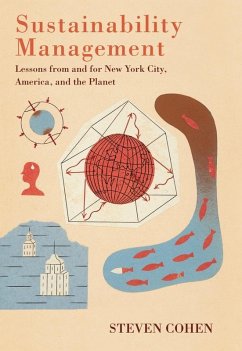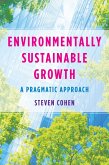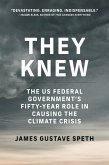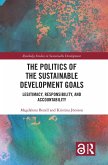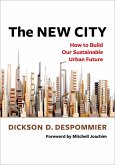Can we grow our world economy and create opportunities for the poor while keeping the planet intact? Can we maintain our vibrant, dynamic lifestyles while ensuring the Earth stays productive and viable? Aimed at managers, students, scholars, and policymakers, Sustainability Management answers these questions in the affirmative, arguing it is possible for environmentally sustainable business practices and policies to foster economic and long-term growth.
Written by a former analyst and consultant with the EPA, this book originally combines sustainable efforts in water, agriculture, urban, and power management to achieve¿in practice, not just in theory¿a sustainable planet and economy. Steven Cohen begins with the technical, financial, managerial, and political challenges of such a project, and then honestly assesses sustainable practices in the manufacturing and service industries. He addresses renewable and carbon-free energy production; water sustainability, especially with regard to energy issues involving filtration, distribution, and changing rainfall patterns; food cultivation and distribution; and ways to maintain the interdependent systems on which we depend to live. Taking examples from New York City, one of the most sustainable and sustainability-minded metropolises in the world, Cohen explains how everything from construction to waste management can be designed to facilitate a sustainable environment, not just for New York but also for the world. He concludes with this macroscopic view, outlining the global efforts necessary to preserve biodiversity and ecosystems, and the impact of war, terrorism, and human conflict on sustainability.
Written by a former analyst and consultant with the EPA, this book originally combines sustainable efforts in water, agriculture, urban, and power management to achieve¿in practice, not just in theory¿a sustainable planet and economy. Steven Cohen begins with the technical, financial, managerial, and political challenges of such a project, and then honestly assesses sustainable practices in the manufacturing and service industries. He addresses renewable and carbon-free energy production; water sustainability, especially with regard to energy issues involving filtration, distribution, and changing rainfall patterns; food cultivation and distribution; and ways to maintain the interdependent systems on which we depend to live. Taking examples from New York City, one of the most sustainable and sustainability-minded metropolises in the world, Cohen explains how everything from construction to waste management can be designed to facilitate a sustainable environment, not just for New York but also for the world. He concludes with this macroscopic view, outlining the global efforts necessary to preserve biodiversity and ecosystems, and the impact of war, terrorism, and human conflict on sustainability.
Dieser Download kann aus rechtlichen Gründen nur mit Rechnungsadresse in A, D ausgeliefert werden.

